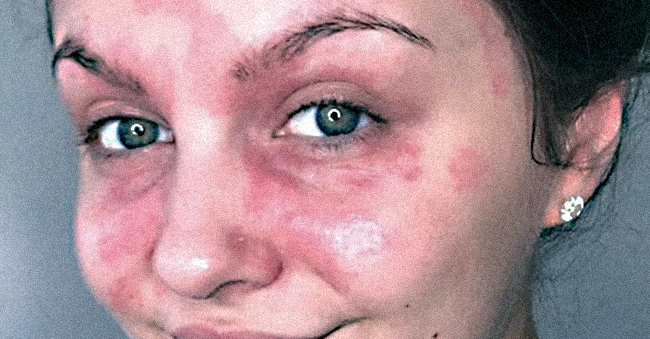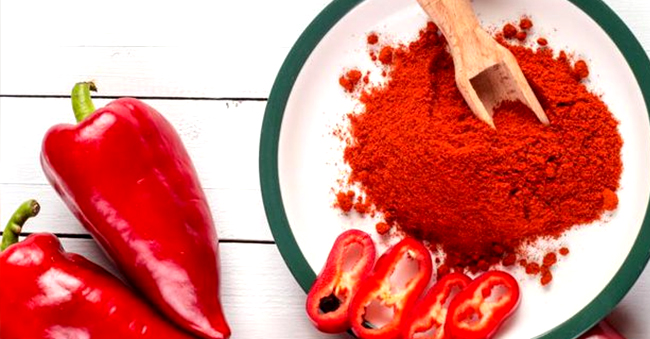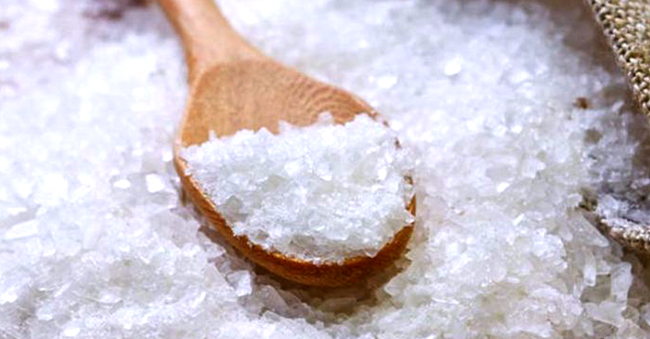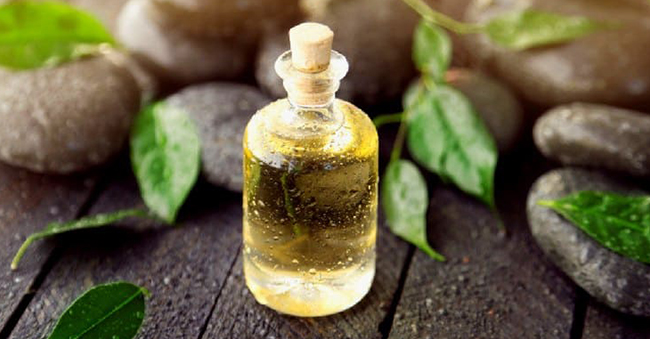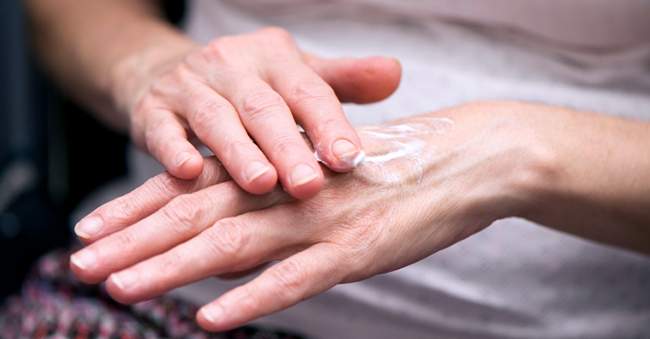There are several types of psoriasis including:
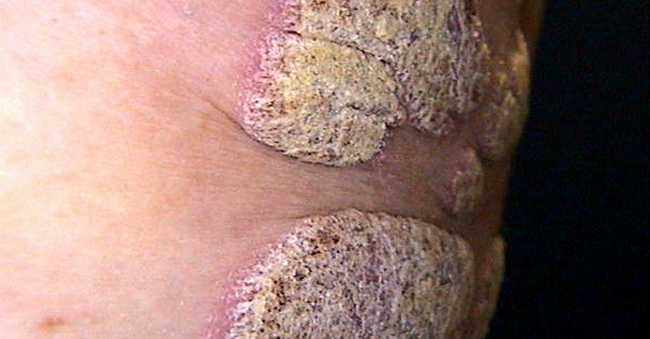
Plaque psoriasis/ psoriasis vulgaris
Also known as psoriasis vulgaris. It is the most common type of psoriasis. It appears in a form of whitish-silver scales or plaques that covers the patches and cause redness and inflamed on the skin. This skin condition is commonly found on the elbows, knees, and scalp.
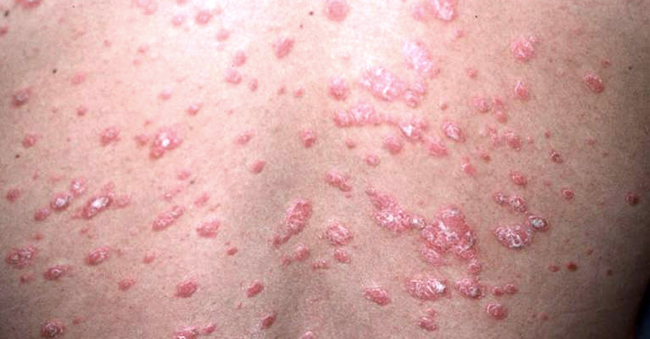
Guttate psoriasis
Commonly appear as small, pink and teardrop-shaped spots at the torso, arms and legs. It usually happens during childhood or young adult and not as common as plaque psoriasis.
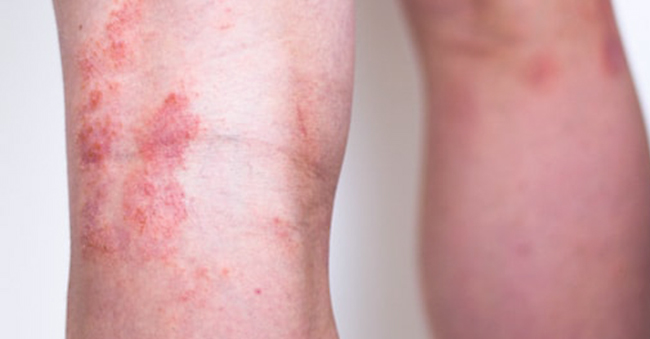
Inverse psoriasis
Inverse psoriasis is a skin condition that develops in the folds of the skin where it sweats more and sensitive compared to the other parts. It can be seen at the armpits, under the breasts, groin, skin around genitals and between the buttocks. Lesions may cause itching, pain and bleeding to the affected area.

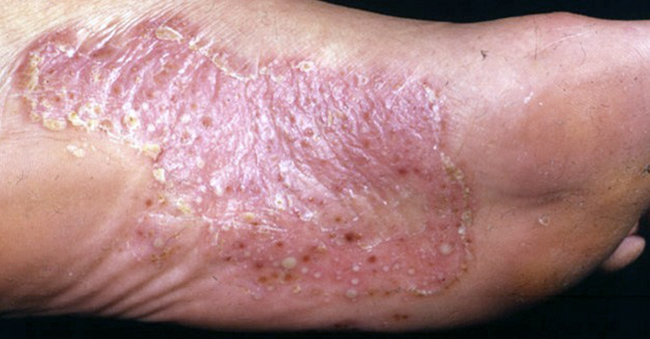
Palmoplantar psoriasis
A type of psoriasis that affects the palms of the hands and feet. The patient of palmoplantar psoriasis will show symptoms of redness, scaling, raised and thickened skin, itching and also burning sensation.
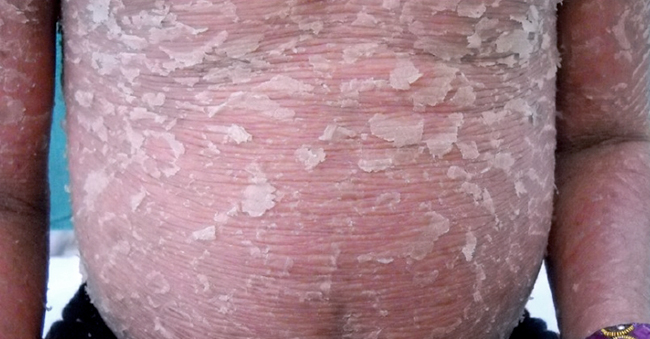
Erythrodermic psoriasis
A skin condition that affects the entire skin surface involved with the disease. It is uncommon, aggressive, and inflammatory form of psoriasis. Non-treated of erythrodermic psoriasis can be life-threatening and the causes are said to be due to an overactive immune system.
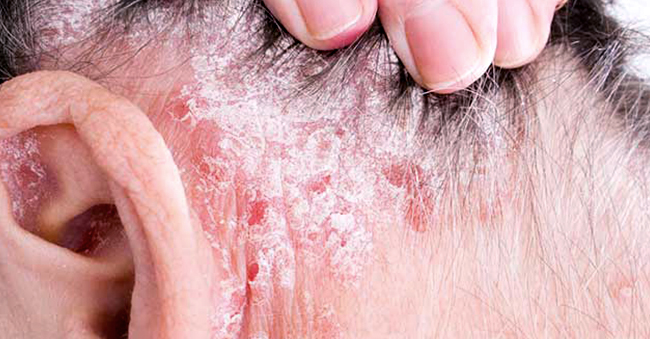
Scalp psoriasis
Scalp psoriasis spreads at the forehead, back of neck, behind ears and also entire scalp. Sometimes people identified it as excessive dandruff which is not. Scalp psoriasis makes raised, reddish, and scaly patches. The exact cause is still unknown, but doctors believe it comes from something wrong with the immune system that caused cells to grow too quickly.
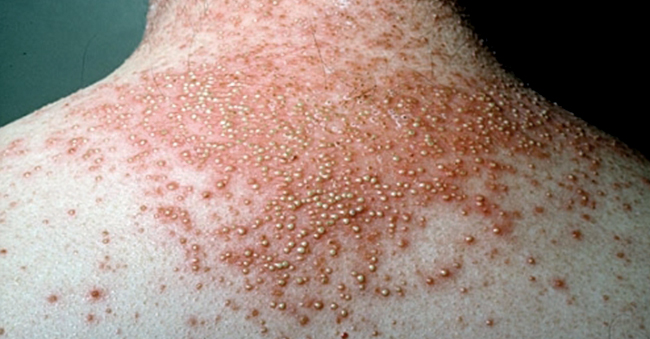
Pustular psoriasis
This type of psoriasis is scaly, flaky and also itchy. Pustular psoriasis can be passed through heredity but can’t spread from skin contact. It affects the area of the palm of your hands, soles of the feet, fingers and toes. It appears in the form of bumps filled with near or inside red skin blotches or blisters. It usually happens to adults and rarely in kids or infants.
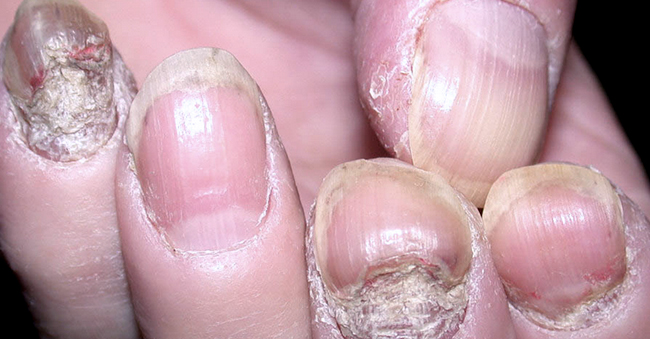
Nail psoriasis
Nail psoriasis produces yellow pitted nails which are not contagious. It happens because of the combination of genetic, immunologic and environmental factors. It may resemble fungal nail infections which are hard to identify without consultation with the doctor.
